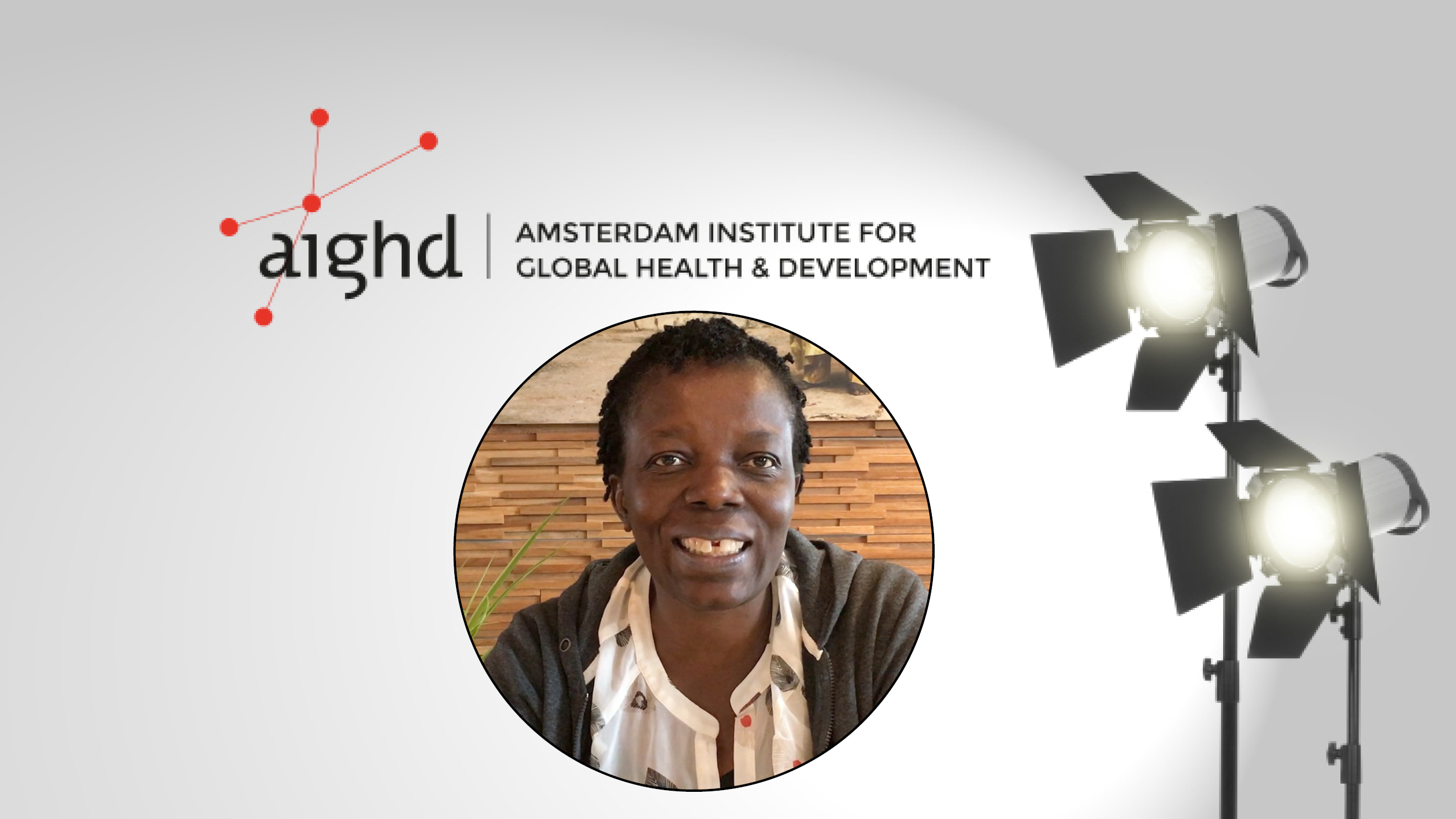
13 Dec AIGHD in Person: Nwanneka Okere
An opportunity to attend a course in Monitoring & Evaluation (M&E) of health programs changed the course of Nwanneka Okere’s career.
The PhD candidate enrolled in the course while working as a pharmacist on a HIV project at Doctor’s without Borders (MSF) in her home country, Nigeria. It was here she discovered her interest in data and realized that figures are only helpful if you can tell a story with them. So, she decided to study public health in depth, to help inform policymakers how health interventions impact the lives of people including those who suffer from HIV.
“The most important thing in public health research is to understand how we can optimize care for people and understand how they perceive our interventions. Some people look at data and see only data. I look at data and I see people behind the numbers – the patients are critical to our work,” said Nwanneka.
Nwanneka collects and utilizes data from different healthcare programs to evaluate interventions. She trained as a pharmacist in Nigeria where she sought and got the opportunity to work with MSF. The real breakthrough for her was taking the M&E course.
“I always knew that I didn’t just want to work as a pharmacist in the hospital or community. During the course, I saw the bigger picture and became interested in what data can tell us. We looked at data from health programs, including patient medication data, and I realized how powerful data is at helping us understand and improve our programs.”
After the course, she worked for a number of years in public health programs in Nigeria including HIV, TB and Malaria treatment programs. Her newly honed skill in data analysis was very useful in the different roles she played.
“I liked my work in Nigeria, but a friend of mine from Uganda encouraged me to apply to this PhD program financed by Erasmus Mundus (European Union). I pursued the PhD opportunity because I believed that our healthcare system could benefit from the capacity to conduct more research driven programs, so I was delighted when I was accepted.”
An important aspect of public health research is to understand how well health programs align with international guidelines often developed by the World Health Organization. Everyone has a right to a minimum level of care, and these guidelines are meant to secure this.
“Guidelines ensure that patients receive good care. However, realities on the ground sometimes make it difficult to adhere completely to guideline recommendations. In these cases, we cannot be sure that patients always receive the best care possible – that is why my research is so important, to determine acceptable ways of delivering health interventions that conform to guidelines.”
As a student in the Erasmus Mundus TransGlobal Health Program, Nwanneka works towards a joint PhD degree from two partner institutions in two different European countries – the University of Amsterdam and University of Barcelona.
Nwanneka wants to publish and disseminate her results around the world, so that as many people as possible will benefit from her insights.
“I hope that my research will help improve HIV services around the world especially in low and middle income countries”
